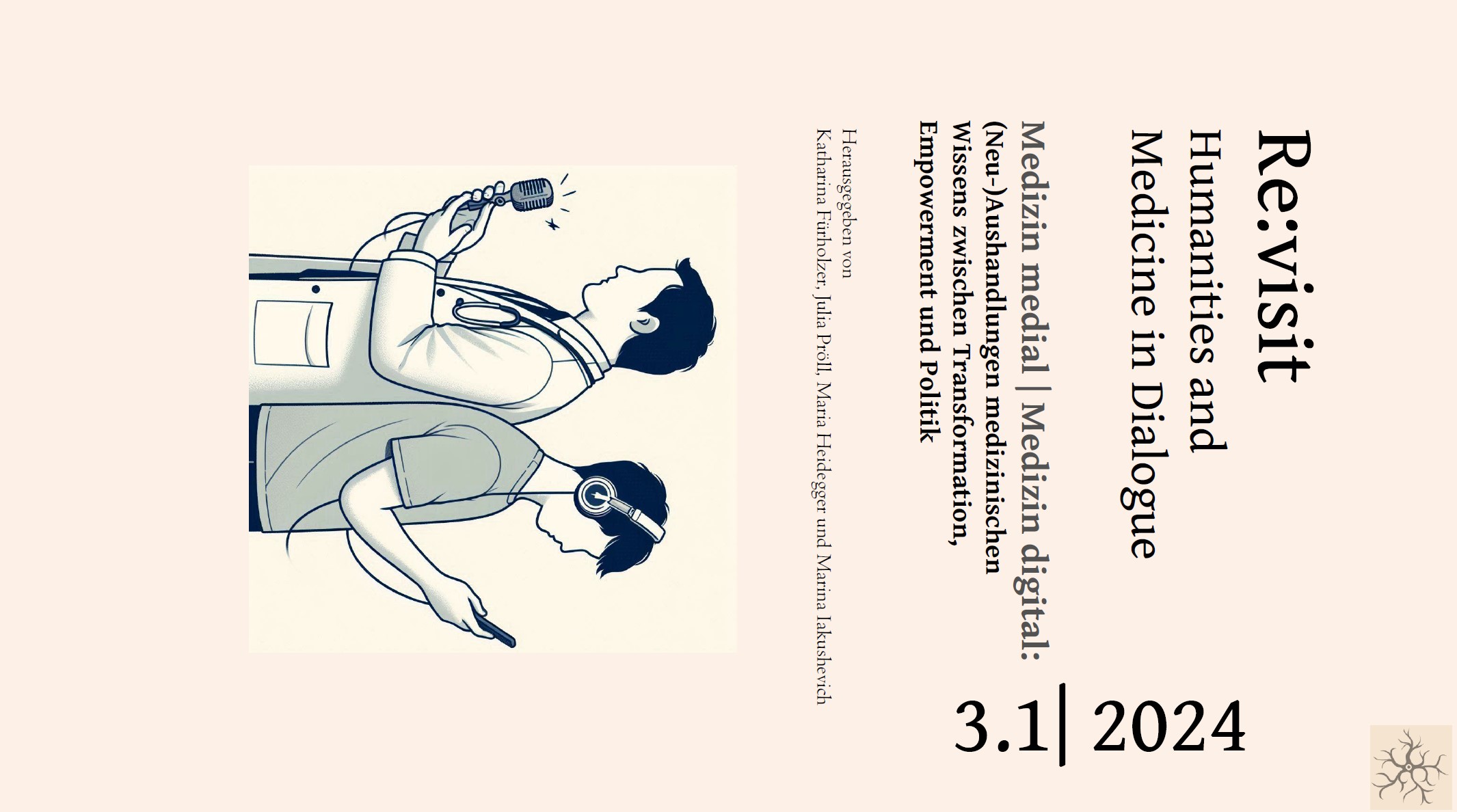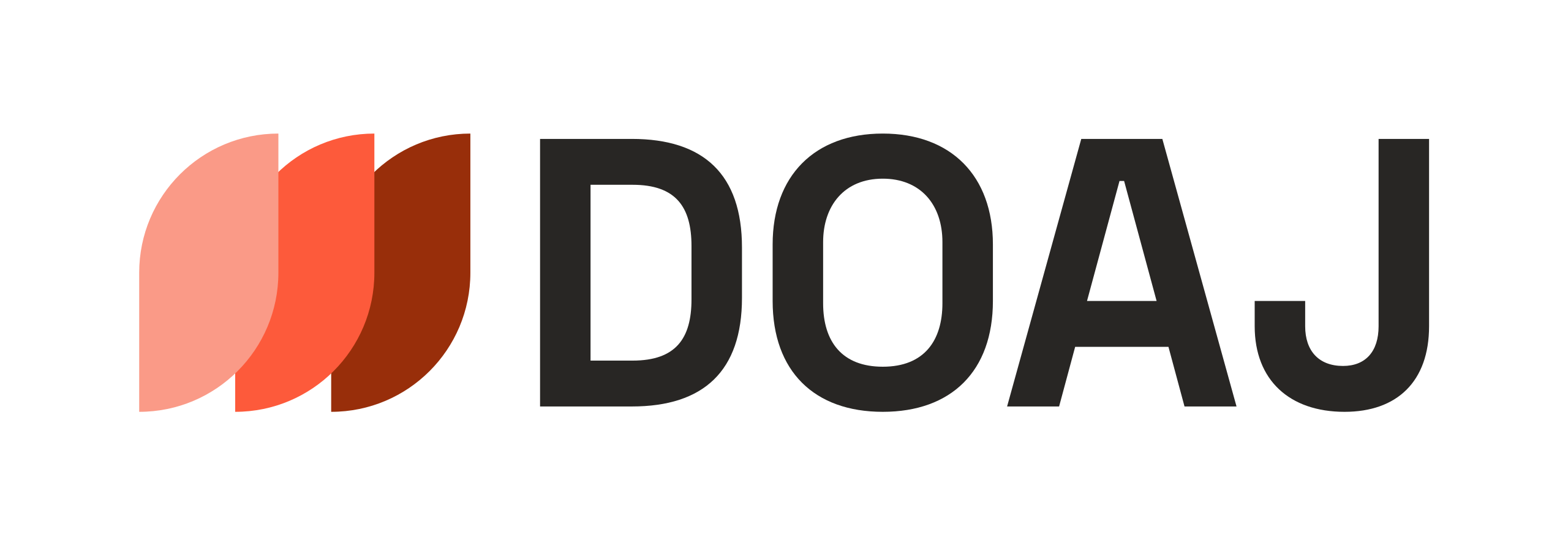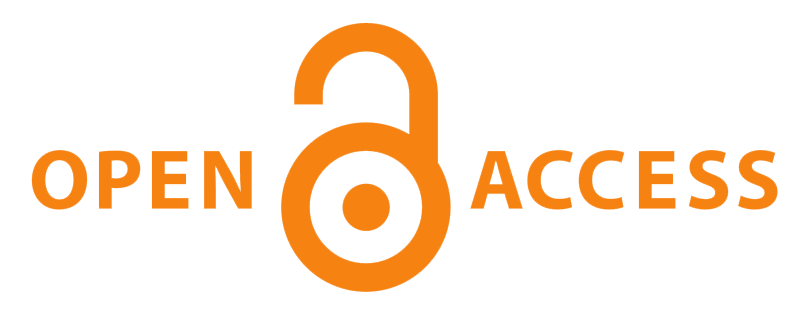"Nevertheless, Suicide Must Not Become a Societal Norm"
Human Dignity as a Standard in Arguments About Assisted Dying in Germany
DOI:
https://doi.org/10.57974/Re:visit_2024_3.1_6Keywords:
human dignity, argumentation, topoi, discourse analysis, linguisticsAbstract
Human dignity is a central concept in bioethical and biomedical issues and, as a norm engrained in the German Basic Law (‘Grundgesetz’), plays an important role in the assessment of potential biomedical procedures. The term can already be found in Christian-Jewish-Biblical contexts as well as in Ancient times, where different dimensions of meaning focus on the social position of humans on the one hand and the differentiation of humans from non-human beings on the other, which is justified by Cicero, among others, with the rationality of humans. The philosopher Immanuel Kant also significantly shaped the concept of human dignity in the modern era and the Enlightenment with his moral principle of the Categorical Imperative. To this day, human dignity is generally referred to in positive terms. As a semantically vague high-value word, the term human dignity is used within the analyzed plenary debates of the German Bundestag from 2021-2023 to present one's own position on assisted suicide. In this study, we examine the use of the term human dignity within arguments and conclude that the term is used without further definition in some, but not all cases. Among other things, it is used within topoi (argumentative patterns) that refer to collective knowledge. Different topoi are used in different ways depending on the position on assisted suicide. A closer look at selected individual argumentations according to the Toulmin scheme suggests that the concept of human dignity frequently takes on the role of supporting the rule of reason within the argumentation, thus reinforcing the justification of the thesis by the argument based on socially established concepts (such as laws or religious commandments).
Downloads
Published
Issue
Section
License
Copyright (c) 2024 Constanze Spieß, Lesley-Ann Kern

This work is licensed under a Creative Commons Attribution 4.0 International License.






